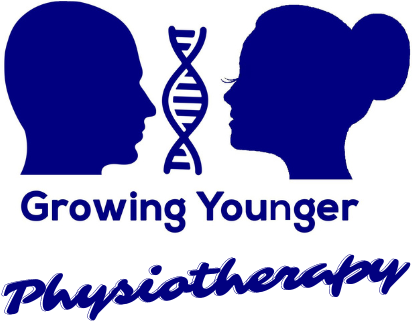Shoulder arguably is the most complex joint in the body. As opposed to a hip joint which has a deep socket for the ball of the joint to sit in, shoulder heavily relies on soft tissue around it for its stability. There is a very complex interaction of different muscles, tendons, ligaments and nerves around the area that make the shoulder joint so versatile but at the same time a challenge to rehab after an injury. Shoulder is like a complex clock-work mechanism where if one segment of the chain fails, the rest of the chain is likely to be affected.
 Common shoulder problems that we help our patients with include rotator cuff injuries, subacromial bursitis, shoulder impingement, post-operative rehabilitation for surgical rotator cuff repairs and shoulder joint replacements. When we treat these and other shoulder conditions we focus on addressing the very source of the injury, not just the symptoms. The high complexity of the shoulder means that we have to take into account the interaction between the different components of the “clock-work mechanism”. This makes our treatment more effective.
Common shoulder problems that we help our patients with include rotator cuff injuries, subacromial bursitis, shoulder impingement, post-operative rehabilitation for surgical rotator cuff repairs and shoulder joint replacements. When we treat these and other shoulder conditions we focus on addressing the very source of the injury, not just the symptoms. The high complexity of the shoulder means that we have to take into account the interaction between the different components of the “clock-work mechanism”. This makes our treatment more effective.
Our physiotherapists are trained to effectively treat your shoulder injury. We all use what is known as evidence-based approach. What that means is whenever possible we will only use treatment methods that have been proven to be effective in clinical and medical research. For instance, we use specific eccentric/concentric strengthening programme to treat shoulder impingement. These exercises have been clinically proven to significantly improve function and pain.
A 2012 Swedish study compared the effectiveness of these specific shoulder exercises to general neck and shoulder exercises for 102 people with shoulder impingement. The number of patients who reported successful outcome after a 12-week treatment period was more than twice higher among patients undergoing this kind of specific shoulder strengthening programme. Only 20% of people performing these exercises chose to have surgery at the end compared to 63% in the ‘general exercise’ group.
As you can see in this example, we use current research to give you the best of what is currently available in physiotherapy.
If you are still unsure if we can help you please call us to book in for a FREE no-obligation physiotherapy assessment so one of our physiotherapists can tell you if and how we can find a solution to your shoulder problem.
